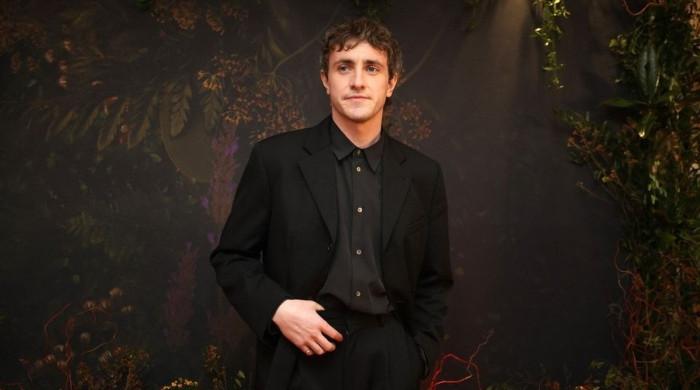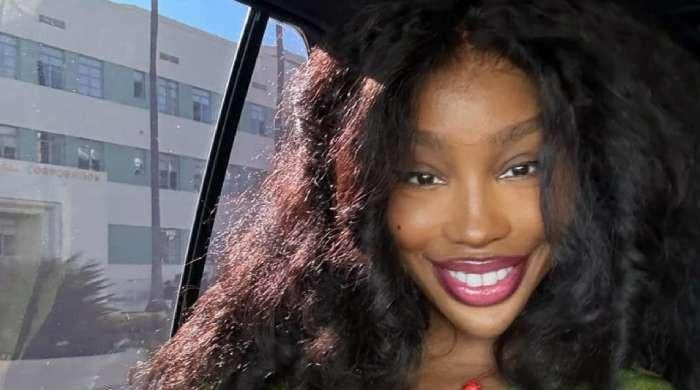Emma Watson opens up on marriage encircling 'ownership' and 'power'
Emma Watson shared her views on marriage and how she finds the idea centering around ‘ownership'
April 01, 2020

Hollywood’s leading lady Emma Watson had stirred up a storm after she had earlier coined the term ‘self-partnered’.
Taking that discussion forward, the Harry Potter star sat down with Sex and World Peace author Valeria Hudson interviewing for Teen Vogue.
Speaking about marriages, relationships and romance, Emma detailed why same-sex couples inspire her when she considers an equal structure in a relationship.
"I often think that one of the most revolutionary things that women could do is to begin to develop words for these feelings that they’ve always had," she said.
"I did an interview with Vogue magazine a couple of months ago, and I talked about how, in the run-up to my 30s, [I felt] this incredible, sudden anxiety and pressure that I had to be married or have a baby or moving into a house,” she went on.
“And there was no word for this kind of subliminal messaging and anxiety and pressure that I felt building up, but I couldn’t really name, and so I used the word ‘self-partnered,’” she said.
"For me, it wasn’t so much about coining a word; it was more that I needed to create a definition for something that I didn’t feel there was language for. And it was really interesting because it really riled some people up! It was less for me about the word but more about what it meant—just this idea that we need to reclaim language and space in order to express ourselves because sometimes it’s really not there."
She further shared her views on marriage and how she finds the idea centering around ‘ownership.’
"It’s fascinating to me that the origin story of marriage centers around ownership and power—safeguarding bloodlines, establishing property and land rights, creating tactical alliances to increase circles of influence and establish new trading links, et cetera," she said.
"I feel that relationships that don’t necessarily follow traditional models do require more communication and consent,” she added.
"It requires an actual conversation and agreement about the delegation of tasks and labor and responsibilities that maybe you don’t feel that you need to have or should have if you follow those traditional stereotypes... The idea that relationships are supposed to be easy and it’s all supposed to be implicitly understood, and you’re just meant to get each other, it’s [expletive]! It’s impossible!”
Giving her take on healthy relationships, Watson went on to say: "A lot of the healthiest relationships I’ve seen have been between same-sex couples because, I think, they have to sit down and agree [on] things.”
“They agree [on] things between them as opposed to [accepting] certain sets of assumptions and expectations that are made. I’ve also kind of become slightly fascinated by kink culture because they are the best communicators ever. They know all about consent. They [understand] that stuff because they really have to get it—but we could all use those models; they’re actually helpful models,” she added.









